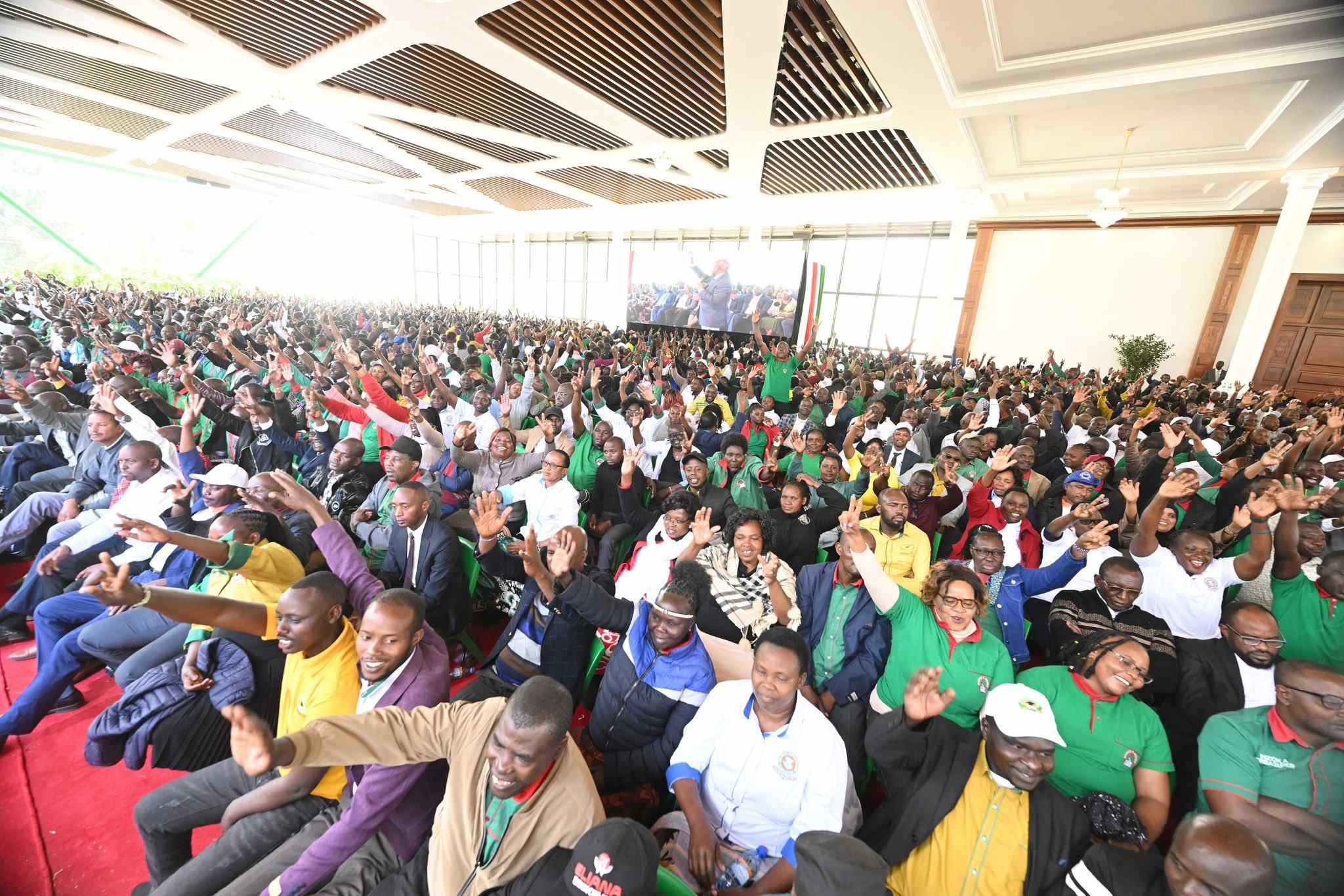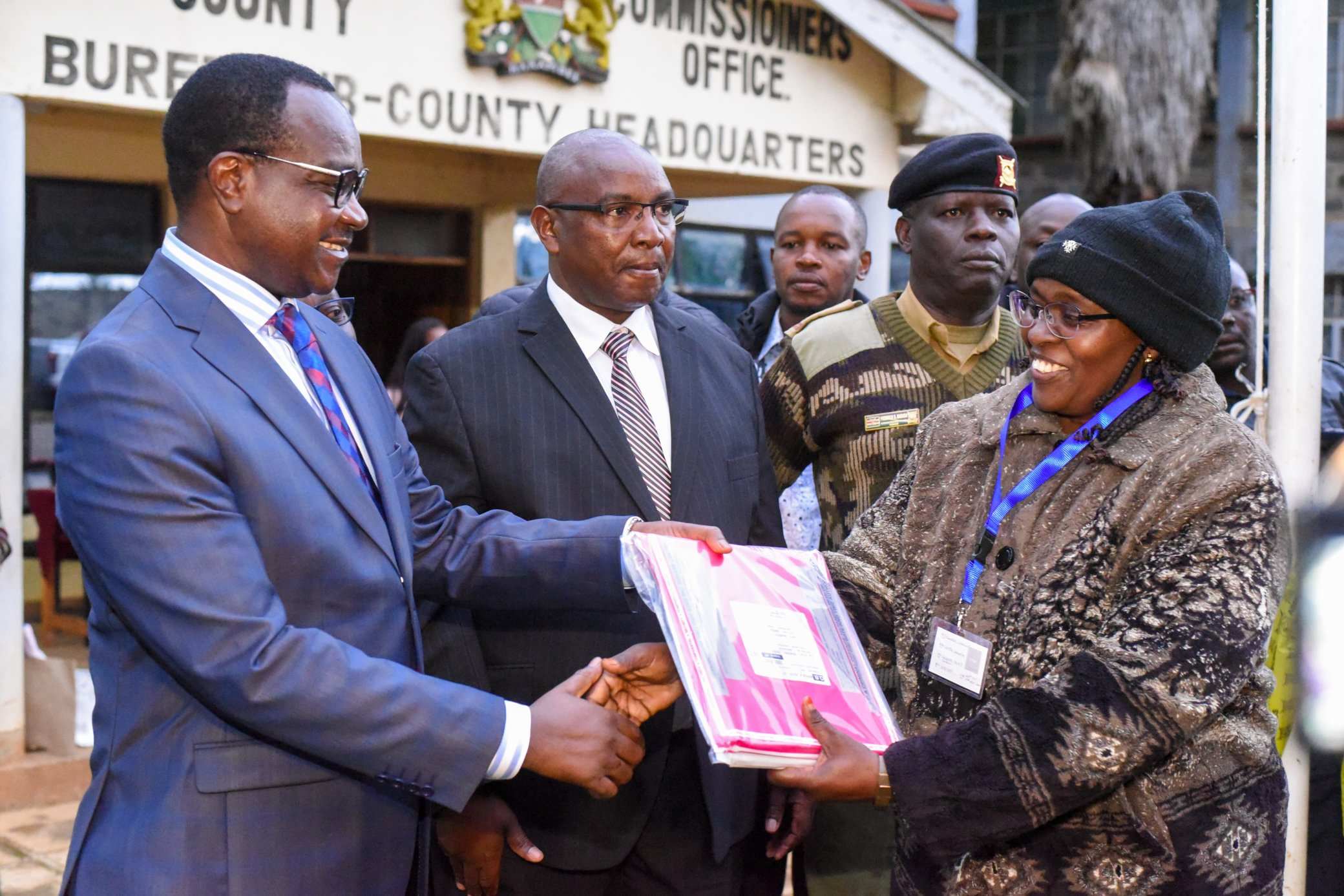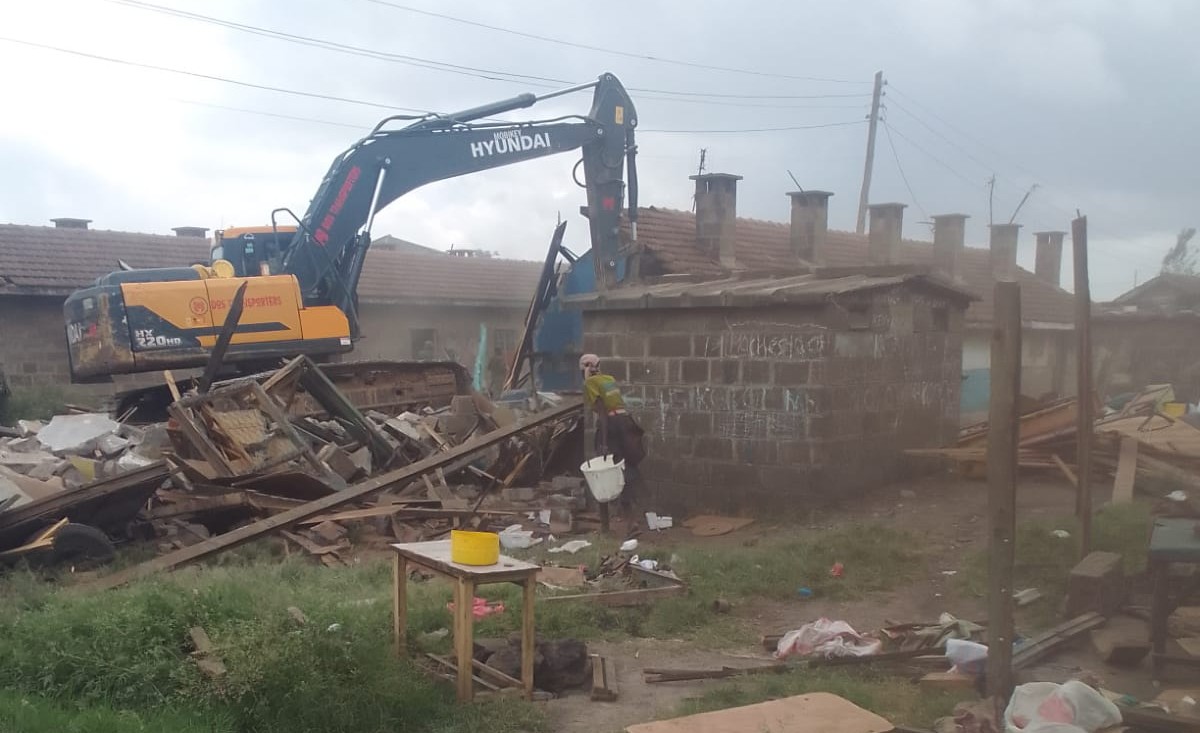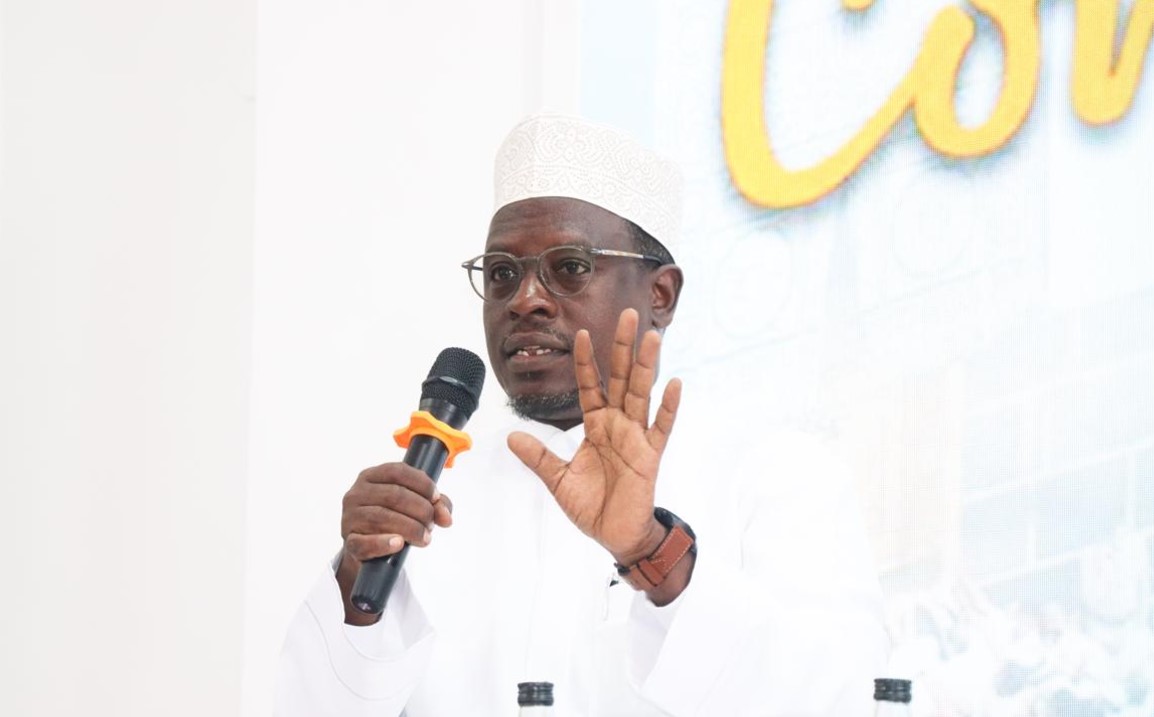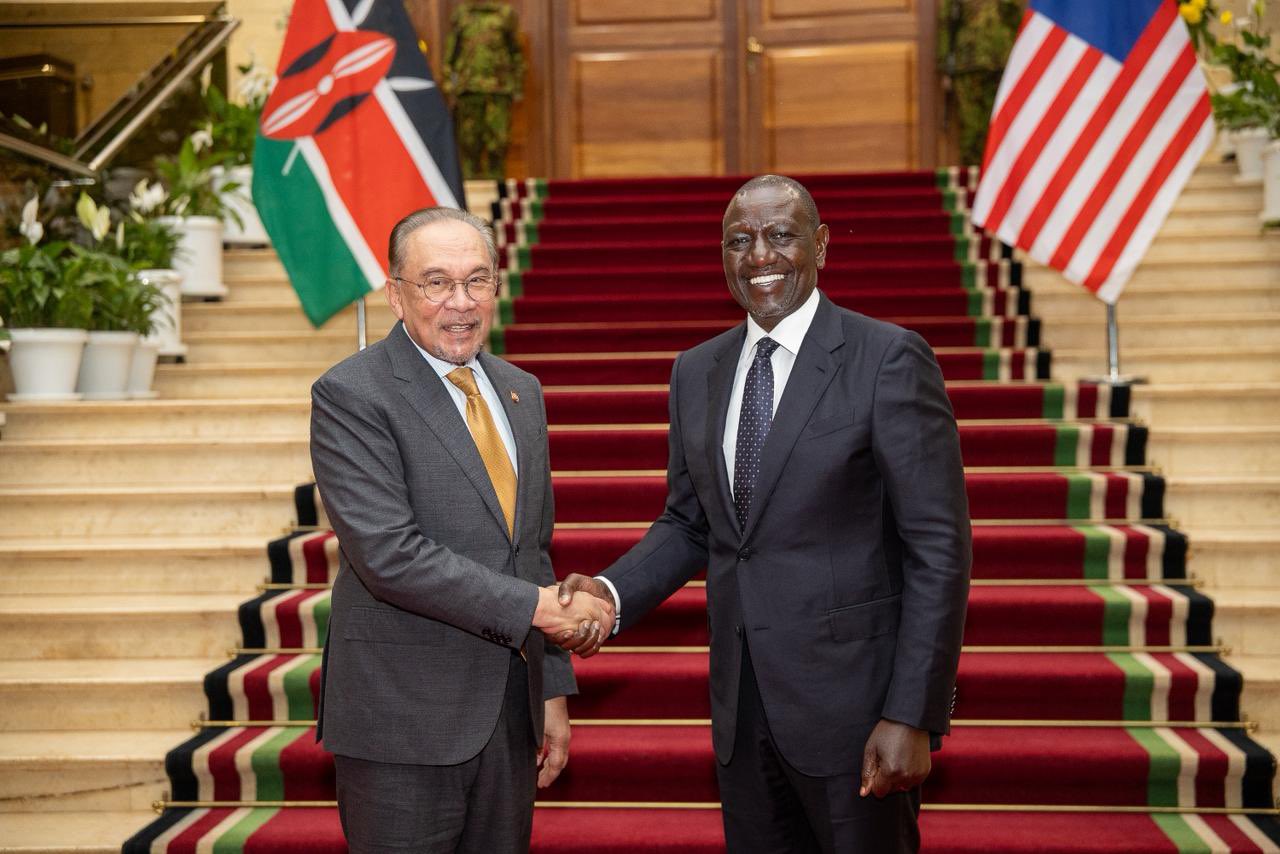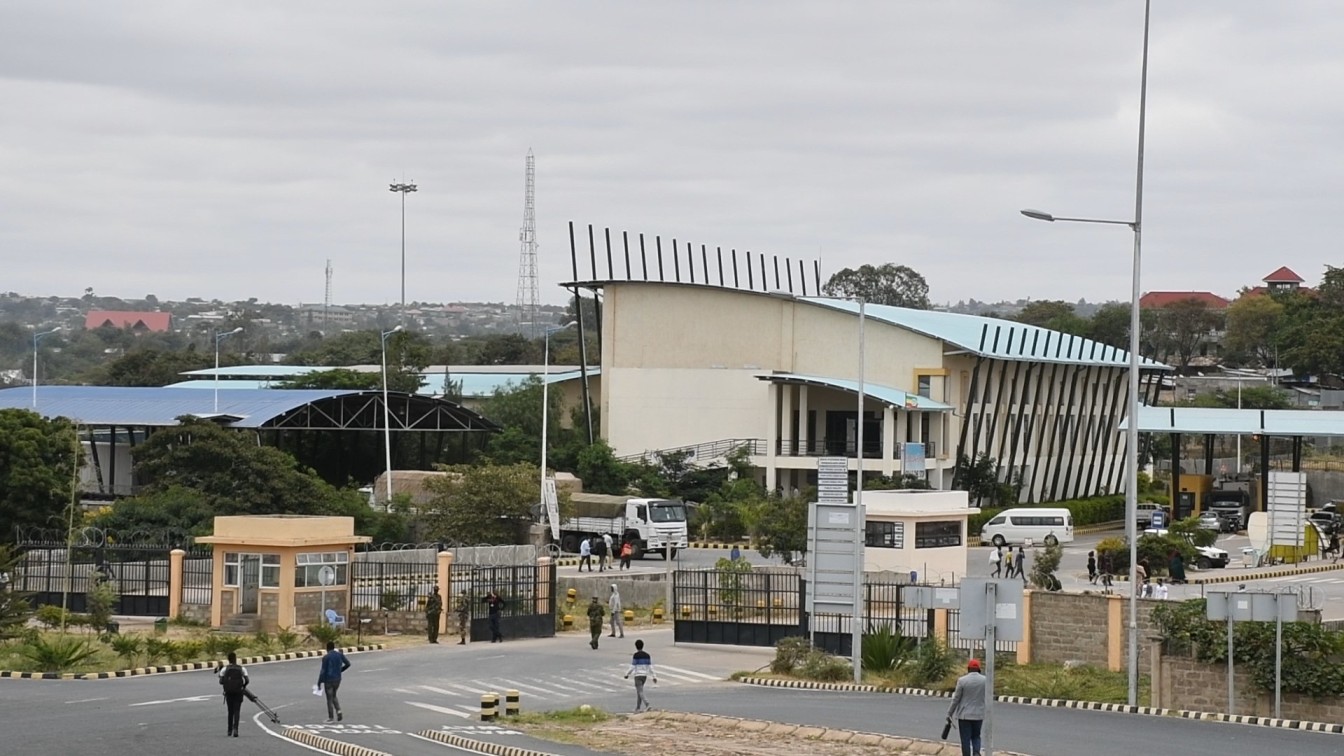Africa’s first G20 Summit closes in South Africa amid US boycott
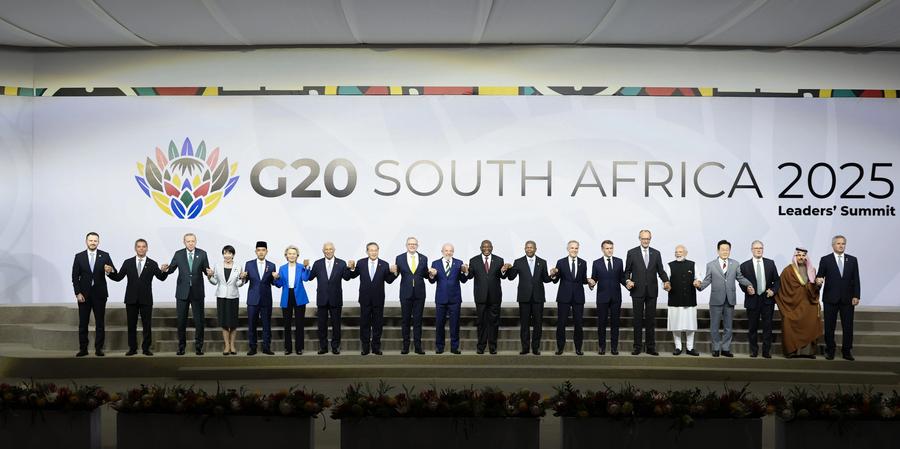
South Africa has insisted that handing the gavel to a chargé d'affaires would be a breach of diplomatic protocol.
Africa's inaugural G20 summit closed on Sunday in Johannesburg, overshadowed by a diplomatic rift with Washington—but hailed as a success by its host, South Africa.
President Cyril Ramaphosa brought proceedings to an end by striking the wooden gavel used in G20 tradition.
More To Read
- G20: South Africa hosts summit in shadow of US boycott
- US bars Mandela Foundation Chair in latest diplomatic flashpoint with South Africa
- South Africa rejects US plan to send Chargé d’Affaires for G20 handover
- US reverses boycott, signals participation in G20 summit in South Africa
- South Africa denounces Trump’s G20 boycott, calls genocide claims false
- G20 in a changing world: Is it still useful? Four scholars weigh in
The symbol is normally passed to the incoming chair, but no US official attended to receive it after Washington boycotted the summit.
"This gavel formally closes this summit and now moves on to the next president of the G20, which is the United States, where we shall see each other again next year," Ramaphosa said, not referring to the American absence.
South Africa has insisted that handing the gavel to a chargé d'affaires would be a breach of diplomatic protocol.
Officials say the ceremonial transition will instead occur later, likely at the foreign ministry.
The summit produced a joint declaration—significant given US opposition—calling for greater support to low-income nations facing climate disasters, debt distress and energy transitions.
"South Africa has used this presidency to place the priorities of Africa and the Global South firmly at the heart of the G20 agenda," Ramaphosa said.
Despite the boycott, leaders praised Pretoria's stewardship. Emmanuel Macron congratulated Ramaphosa in a viral video, describing it as a "first-ever on the African continent".
Singapore's Prime Minister called the gathering "successful and impactful", while Finland's President Alex Stubb lauded a "successful chairmanship" and described South Africa as "a key player on the international stage".
Top Stories Today

